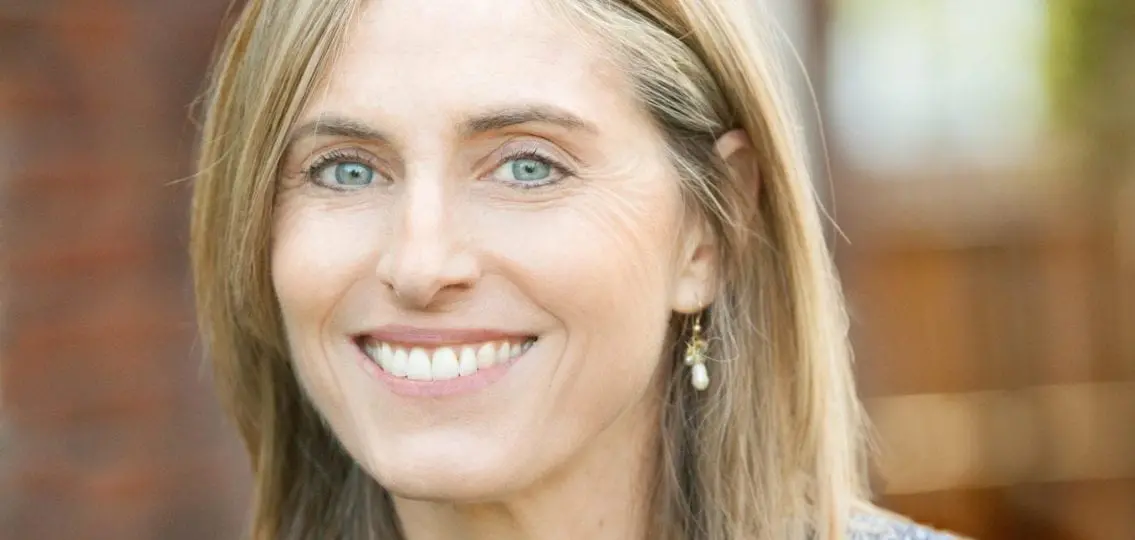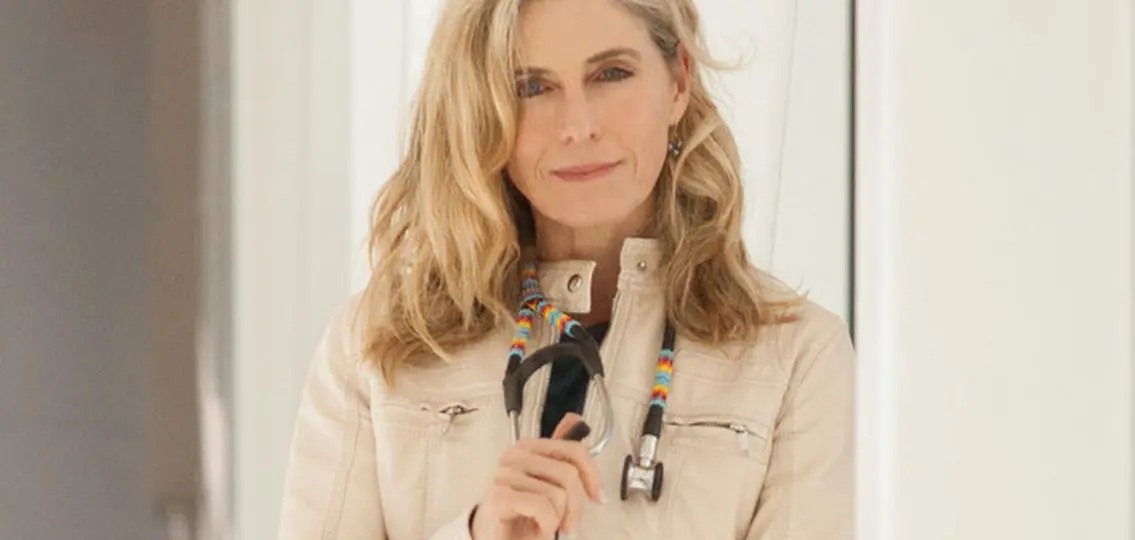Documentary filmmaker and physician Delaney Ruston turned her focus on how the digital age is impacting the mental well-being of adolescents with her 2016 documentary film, Screenagers. Now, she’s following up with Screenagers NEXT CHAPTER to further examine the effects of digital dependency on anxiety and depression, as well as solutions for building resilience in our teens. She shared her insights with us based on personal experience with her daughter, Tessa.

Q: What prompted you to make a follow-up to your first Screenagers documentary?
Ruston: I was becoming much more aware of the level of difficulty in the emotions kids are experiencing. But it really hit home when my daughter Tessa was starting to have ongoing depression. And I was amazed at how little I knew how to help her. Everything I would say seemed to make things worse. And I felt a sense of loss. I was particularly stressed about screen time and how that was impacting her well-being. That, along with all the headlines blaming screen time for mental health issues, is why I wanted to delve deeper and look at what can be done. What are the solutions for the emotional well-being of all kids? Is screen time negatively impacting communication skills?
Q: How old was Tessa when you first noticed the signs of depression?
Ruston: It really started getting bad in the ninth grade. And it continued for a while. She would get emotionally flustered, like she couldn’t put things into words. She was clearly in psychological pain. It was an overwhelming feeling. It could lead to tears, or to isolating herself. I could see her not wanting to go to school, and then when she could open up, it was clearly incredibly negative, coping with her feelings and questioning the meaning of things.
Q: I know you went to therapy along with Tessa. What were the things that you changed about your parenting that really made an impact?
Ruston: I had to learn the art of validation. I thought validation was saying, “This is hard, but it’s going to pass soon. It’s going to be okay.” Teens hear, “It’s going to get better” as, “You don’t understand me.” What I learned to do better was to say, “That sounds really hard. And I’m here with you, honey.” I’ve come to appreciate the really intense need by adolescents to feel understood.
Q: I can imagine a lot of teenagers feel that way.
Ruston: Yes. They are already negatively judging themselves so much. So if we kind of push those feelings aside, it adds to their feelings like they’re deficient, that something’s wrong with them, and that they’re wrong to have these feelings. It’s important to truly appreciate what their feelings are and not try to change them.
Q: So how much of an impact do you think social media had on Tessa’s experience with depression?
Ruston: Tessa was feeling excluded and it was painful. The interesting thing about Tessa was that it was more painful at school where she felt reminded that she didn’t have people to whom she felt connected. Now, that’s not true for everyone. Some might feel it more just online. But we have to remember it’s the full picture. Teenagers are trying to get a sense of belonging. Now when they get home, they’re reminded of being left out in a way that wouldn’t have happened before social media.
Q: These experiences can be so hard to navigate that as a parent, so how do you approach your role?
Ruston: One big thing was realizing that I am that person with the oxygen mask on the airplane. I needed to take care of myself in terms of finding other mothers who were going through this. That was a lifeline.
Q: How did you find other mothers?
Ruston: I was careful about who I approached, but overall I took the belief system of talking to people who were trustworthy and kind, and we would open up about struggling at home. It would start out by someone saying, “How are things going?” And me saying, “Well, they’re okay. But, you know, my daughter Tessa is really struggling, and I’m not sure how to help.” And through that, I gathered about four women, actually one living in Hong Kong. So they were truly all over the world.
Q: How is your daughter doing today? And how did she feel about appearing in the film as herself?
Ruston: She is doing very well. Tessa wanted to be in the film; it’s given permission for her to talk about these issues. She came home the other day when I was heading over to a neighborhood to give a talk after a screening, and she said, “Could I come too?” So she took the ferry with me and once again stole the show. We’re up on the stage, and she’s just an adamant, passionate speaker about what she’s seen around mental health and how passionate she is about having people be more comfortable talking and looking for solutions.
Q: Did you learn anything hopeful while making Screenagers, Next Chapter?
Ruston: I think to me, what was incredibly helpful is there are so many concrete skills that are applicable to parents to improve their relationships with their teens that can be immediately employed, even if they aren’t going through any emotional hardship at the time. I’ve talked to so many parents who have kids who are struggling and they say to me, “Why haven’t I learned these skills before?”




